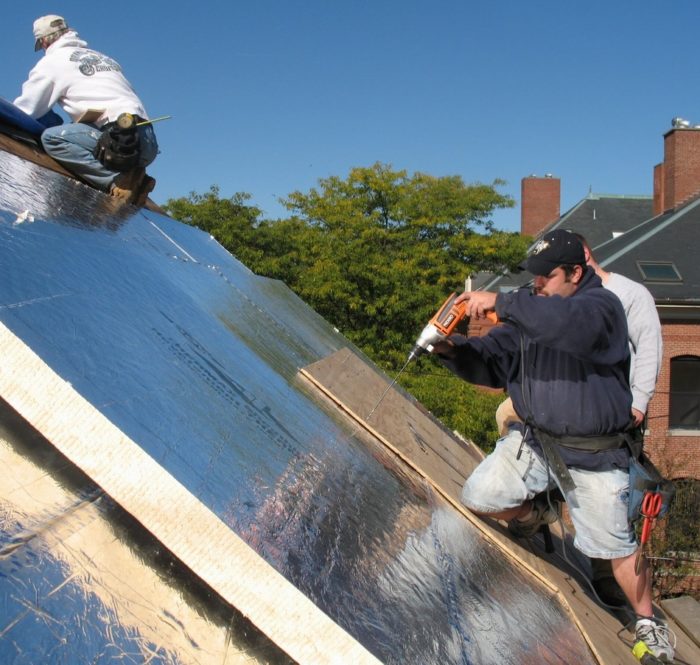The Ultimate Guide to Choosing the Best Insulation for Your Ceiling
When it comes to insulating your home, the ceiling plays a crucial role in maintaining a comfortable indoor environment. The right insulation can significantly improve energy efficiency, reduce utility bills, and enhance overall comfort. In this comprehensive guide, we will explore the various types of insulation available for ceilings and help you make an informed decision on the best insulation for your specific needs.
- Understanding the Importance of Ceiling Insulation:
Ceiling insulation acts as a barrier between your home and the outside environment, preventing heat transfer in both summer and winter. It helps to maintain a consistent temperature, reduces noise transmission, and improves the overall energy efficiency of your home. - Types of Insulation Materials for Ceilings:
a) Fiberglass Insulation: This widely used insulation material is made of fine glass fibers and is available in batts, rolls, or loose-fill forms. Fiberglass insulation offers excellent thermal performance, is cost-effective, and easy to install. It is non-combustible and provides good sound absorption properties.
b) Cellulose Insulation: Made from recycled paper or plant fibers, cellulose insulation is an eco-friendly option. It is treated with fire retardants to enhance its resistance to flames. Cellulose insulation is effective in reducing air leakage and provides good soundproofing qualities.
c) Spray Foam Insulation: This type of insulation is applied as a liquid that expands and hardens into a foam. Spray foam insulation creates an airtight seal, preventing air leakage and offering superior thermal performance. It is ideal for irregularly shaped ceilings and hard-to-reach areas.
d) Mineral Wool Insulation: Mineral wool is made from natural or recycled materials, such as rock or slag. It is known for its excellent fire resistance and sound absorption properties. Mineral wool insulation is suitable for high-temperature applications and provides good thermal insulation.
- Factors to Consider When Choosing Ceiling Insulation:
a) R-Value: The R-value measures the insulation's resistance to heat flow. The higher the R-value, the better the insulation's thermal performance. Consider the climate in your region and choose an insulation material with an appropriate R-value for optimal energy efficiency.
b) Moisture Resistance: Ensure that the insulation material you choose has good moisture resistance properties, especially for areas prone to high humidity or moisture buildup.
c) Fire Safety: If fire safety is a concern, opt for insulation materials with higher fire resistance ratings, such as mineral wool or fiberglass.
d) Installation Method: Consider the ease of installation and whether you prefer a DIY approach or hiring a professional installer.
- Additional Tips for Ceiling Insulation:
a) Proper Installation: Ensure that the insulation is installed correctly, without any gaps or compression, to maximize its effectiveness.
b) Ventilation: Proper ventilation is essential to prevent moisture buildup and maintain a healthy indoor environment. Consider installing vents or fans to ensure adequate airflow.
c) Energy Efficiency: Combine ceiling insulation with other energy-efficient measures, such as sealing air leaks, using energy-efficient windows, and employing reflective roof coatings, to maximize energy savings.
Conclusion:
Choosing the best insulation for your ceiling is a crucial decision that can significantly impact your home's energy efficiency and comfort. Consider the insulation materials' thermal performance, moisture resistance, fire safety, and installation method to make an informed choice. By investing in high-quality ceiling insulation, you can create a more sustainable and comfortable living space while reducing your carbon footprint and energy costs.
